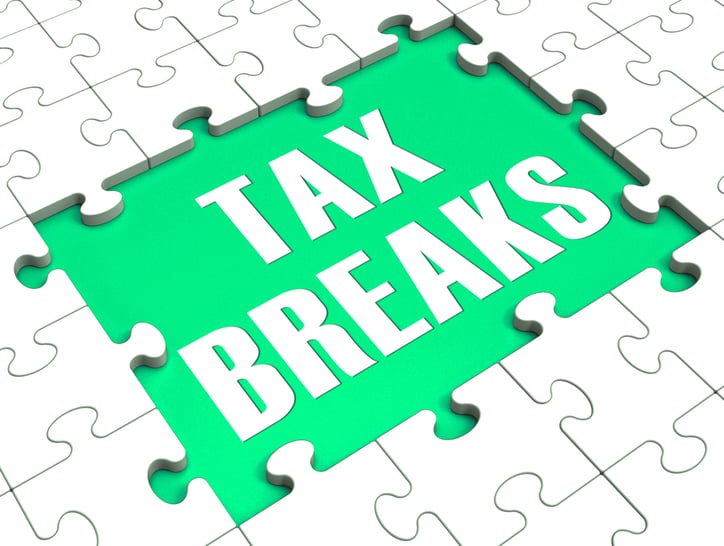
All businesses have to cover the cost of operating expenses in the course of operation. Many of these expenses are essential to running a company such as repairs, supplies, and office equipment. Other beneficial expenses such as advertising and payroll are also important. The Internal Revenue Service allows business owners to deduct many of these expenses on their personal or business tax returns. However, before they try to claim these deductions, taxpayers should find out what is involved in deducting business expenses.
What are Eligible Business Expenses?
An important part of properly reporting these deductions is to understand which costs are included in eligible business expenses. According to the IRS, qualified deductions include expenses that are "ordinary and necessary". This means that the expenses must be typical for the type of business operated and they must be necessary for the business's operation. For example, an auto repair shop may need to purchase specialized repair tools that are necessary to conduct business. Even if these items are not common in other fields, as long as they necessary for the shop's operation, they are deductible.
How to Determine the Cost of Goods Sold
Businesses that make products or carry inventory have to follow slightly different tax guidelines. Before these entrepreneurs can write off their expenses, they must first calculate the actual cost of goods sold. This cost refers to the expenses paid for raw materials that are used in production, as well as storage fees, labor costs, and any overhead expenses from the factory. Once a taxpayer figures the cost of goods sold, he or she can properly value the remaining inventory at year's end. If a business expense is included in the cost of goods sold, then the taxpayer cannot claim it as a tax deduction.
Understanding the Difference between Personal and Business Expenses
A gray area for many small business owners is understanding how to differentiate personal expenses from business expenses. This is especially true for individuals who use cash or supplies for both home and business purposes. A simple way to keep these expenses separate is to record the percentage used for business reasons. This is the amount that can be deducted as a business expense. For example, if a vehicle is used 80 percent for business and 20 percent for personal use, then a taxpayer can write off 80 percent of the actual vehicle expenses such as gas, oil, and repairs as a business cost.
Learning how to deduct business expenses properly can help taxpayers take advantage of IRS provisions for business owners and avoid an untimely audit.




